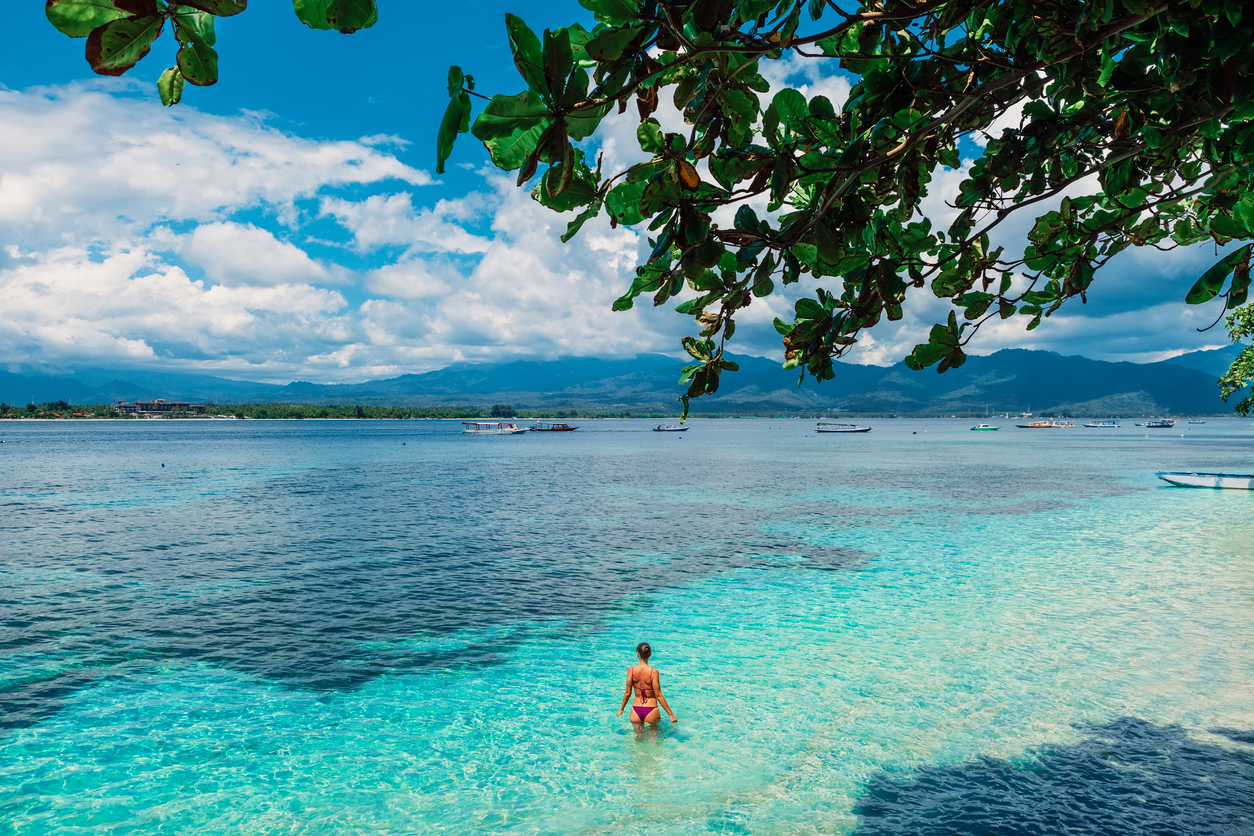Historical Significance
:max_bytes(150000):strip_icc()/aerial-shot-of-cruz-bay-st-john-in-us-virgin-islands-165581255-58dea04e3df78c5162cf9584.jpg)
The Windward Islands, an archipelago in the Lesser Antilles, have played a pivotal role in the history of the Caribbean. Their strategic location at the crossroads of the Atlantic and Caribbean Sea made them a key destination for European powers seeking to establish colonies and trade routes.
Dem Windward Islands deh deh deh, dey be like di gatekeepers to di Caribbean Sea. But dem no get no time fi chat now, cause dem busy watching Beryl, di storm weh deh a brew out deh. Everybody a wonder, “Will Beryl hit Florida?” Go check fi see weh dem experts a seh.
But no matter weh happen, di Windward Islands dem a keep a watchful eye.
European Colonization
The Windward Islands were first colonized by European powers in the 17th century. France and England emerged as the dominant colonial powers, establishing settlements and plantations on the islands. The islands became important centers for the production of sugar, tobacco, and other cash crops, which were exported to Europe.
The European powers’ presence on the islands had a profound impact on the local population. The indigenous peoples were displaced and enslaved, while African slaves were brought to the islands to work on the plantations. The introduction of European diseases also decimated the indigenous population.
The Windward Islands are a chain of islands in the Caribbean Sea. They are located east of the Lesser Antilles and south of the Greater Antilles. The islands are known for their beautiful beaches, lush rainforests, and friendly people. However, the islands are also vulnerable to hurricanes.
Hurricane Beryl is a Category 4 hurricane that is expected to make landfall in the Windward Islands on August 10th. The hurricane is expected to bring heavy rain, strong winds, and flooding to the islands. Residents are urged to take precautions and prepare for the hurricane.
Cultural Exchange
The Windward Islands were a melting pot of cultures. The indigenous peoples, European colonists, and African slaves all contributed to the unique cultural heritage of the islands. The islands’ history of colonialism and cultural exchange is reflected in their architecture, music, and cuisine.
Key Historical Events
- 1493: Christopher Columbus arrives in the Windward Islands.
- 1625: France establishes a settlement on Martinique.
- 1627: England establishes a settlement on Barbados.
- 1763: The Treaty of Paris ends the Seven Years’ War and grants England control of Grenada, St. Vincent, and Tobago.
- 1834: Slavery is abolished in the British colonies.
- 1979: St. Vincent and the Grenadines gains independence from the United Kingdom.
Geographical Features

The Windward Islands are a chain of islands located in the southeastern Caribbean Sea. They are part of the Lesser Antilles and are situated between the Caribbean Sea and the Atlantic Ocean. The islands are in close proximity to other Caribbean islands, including Guadeloupe, Dominica, Martinique, and Saint Lucia.
The Windward Islands are characterized by their volcanic origins, lush vegetation, and diverse wildlife. The islands are formed from the volcanic activity of the Caribbean Plate, which has resulted in the formation of a series of rugged mountains and hills. The islands are covered in dense rainforests, which are home to a wide variety of plant and animal species. The islands are also home to a number of coral reefs, which provide important habitat for marine life.
Major Islands
The major islands of the Windward Islands include:
- Dominica
- Grenada
- Guadeloupe
- Martinique
- Saint Lucia
- Saint Vincent and the Grenadines
The islands vary in size, with Dominica being the largest and Saint Vincent and the Grenadines being the smallest. The islands are all characterized by their mountainous terrain, with the highest point being Mount Pelée on Martinique, which rises to a height of 1,397 meters (4,583 feet).
Cultural Diversity: Windward Islands

The Windward Islands are a melting pot of cultures, with influences from Africa, Europe, and the Caribbean. This diversity is reflected in the islands’ unique cultural practices, festivals, and traditions.
One of the most striking examples of cultural diversity in the Windward Islands is the variety of languages spoken. English is the official language of most of the islands, but French, Spanish, and Dutch are also spoken in some areas. These languages reflect the islands’ colonial history, as well as the close ties they have with their neighboring countries.
African Influences
African traditions have had a profound impact on the culture of the Windward Islands. This is evident in the islands’ music, dance, and cuisine. Calypso and reggae are two popular musical genres that originated in the Windward Islands, and they often incorporate African rhythms and melodies. Traditional African dances are also performed on the islands, and many of the dishes served in local restaurants have African roots.
European Influences
European influences are also evident in the culture of the Windward Islands. This is due to the fact that many of the islands were once colonized by European powers. The British, French, and Dutch all left their mark on the islands, and their influence can be seen in the islands’ architecture, language, and legal systems.
Caribbean Influences, Windward islands
The Windward Islands are also part of the Caribbean region, and they share many cultural similarities with other Caribbean islands. This is evident in the islands’ music, dance, and cuisine. Soca and dancehall are two popular musical genres that originated in the Caribbean, and they are often played on the Windward Islands. Traditional Caribbean dances are also performed on the islands, and many of the dishes served in local restaurants have Caribbean roots.